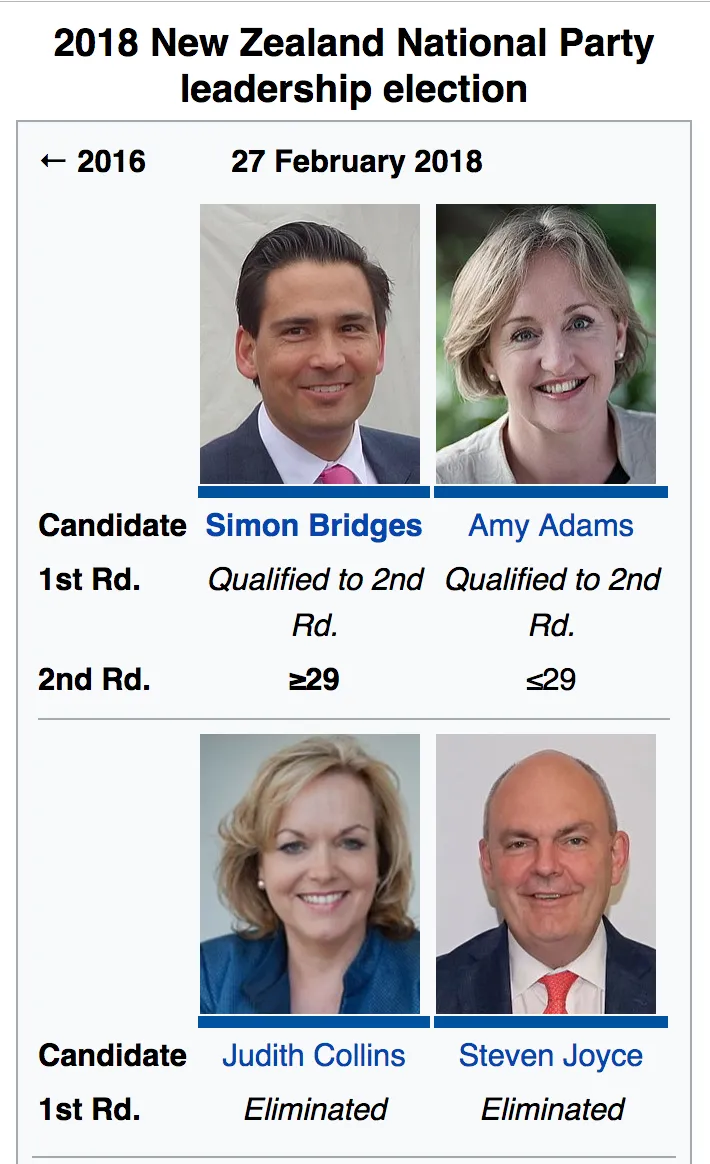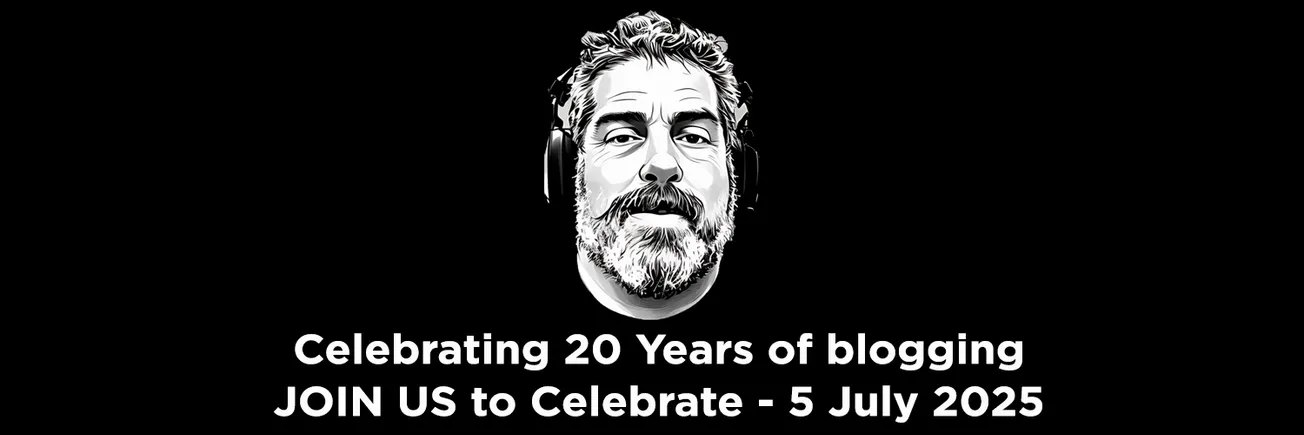Table of Contents
When I first started to read this article by Martin van Beynen, I thought it was just another attack on those of the right-hand side of the political divide, but it is slightly more insightful than that. It reflects a lot of the things that people are saying on this blog; that National is losing its way… it is ‘Labour lite’… it is hard to differentiate between National and Labour these days… and so on.
Conservatives mostly feel that their politics are being watered down by so-called right-leaning politicians who buy into the climate change hype or support the government in rushing through legislation banning semi-automatic weapons. Many National supporters feel very let down by the party at the moment, and we are not alone.
Around the world old school conservative parties are in trouble. In the United States, Donald Trump has rewritten the Republican rule book and in Britain, Nigel Farage’s Brexit Party is more popular than the Tories. These outliers have replaced traditional conservatism with a populist agenda.
Forms of this populism have taken over in Italy, Hungary and Poland and are rising in the Netherlands, Germany, Austria, and France. The belief something fundamentally important has been lost in the brave new global world lies behind them.
A lot of this is to do with uncontrolled immigration, particularly in Eastern Europe, but Britain is an interesting case. The Conservatives are dying in a ditch at the moment, but the only credible alternative in a first-past-the-post system is Jeremy Corbyn, who is the least popular party leader in several decades. No wonder British voters are looking elsewhere. We have a similar problem here.
Populism is difficult to define. It means different things in different countries. It is generally an appeal to gut reactions about race, national culture, class, immigration and globalism. Some glibly call it the rage of white men who see their entitlements and privilege threatened but, speaking from experience, most white men are not that entitled and not very privileged either.
The politics of populism is also usually nostalgic, building on a myth the old order was working fine until power shifted to people with some crazy ideas.
Van Beynen’s ideas of populism are probably about 30 years out of date. Nowadays, people on the right of the political divide are looking to protect things like free speech, women’s sports and above all, their own cultures, because of uncontrolled immigration of people with drastically different values. We always had immigration, but the ‘old order’ was indeed working fine, until some idiotic leaders just decided to throw open the doors and let in marauding hordes. Populism these days is not about nostalgia; it is about survival in the face of invasion.
If National turned populist, it would probably attack the state’s renewed focus on redress for Maori and Maori culture. Don Brash nearly won an election with this strategy. It would disparage political correctness and have a crack at what it would call the sneering and out-of-touch political class.
Another fertile target would be the indisputably left wing media and academia and it would throw doubt on the new gun legislation as an infringement of the rights of people who have done nothing wrong. Israel Folau would be a poster boy for free speech and farmers and physical workers actually producing things would be championed.
One set of laws for everyone? A balanced media? Amendments to poorly enacted, rushed gun legislation? Free speech? Better productivity? I have said this before, but why would anyone, especially a journalist, NOT think that they are all things to be cherished?
Conservative parties have often claimed to represent “the silent majority”, a term used by Richard Nixon to suggest the critics of American involvement in the Vietnam War and his other policies were a noisy minority.
The silent majority doesn’t write letters to the newspaper, it doesn’t get involved in campaigns and probably doesn’t join political parties. It reserves its voice for the ballot box, if it votes at all. But it is conservative and National has to work out how it can again be its voice. Growing inequality makes that difficult because National is not traditionally the party for Kiwi battlers.
Comments on this blog suggest that the ‘silent majority’ are shifting their votes to ACT or the New Conservatives, who at least try to champion the issues that are important to middle of the road voters. National is most certainly failing in that.
National must be wondering, like the Republicans and Tories, if social trends towards a more diverse and urban society have left it behind. It will have to decide whether it attacks Jacinda Ardern’s commanding position on the high moral ground.
Stuff.
It needs to do something. It seems to be bleeding support at the moment, with a wishy-washy leader and very little in the way of firm policy for voters to agree or disagree with.
If it is not careful, National could go the way of the Conservatives in Britain, which is under threat of being turned into a minor party. That is what happens when you ask your voters what they want, and then deliberately ignore them.






